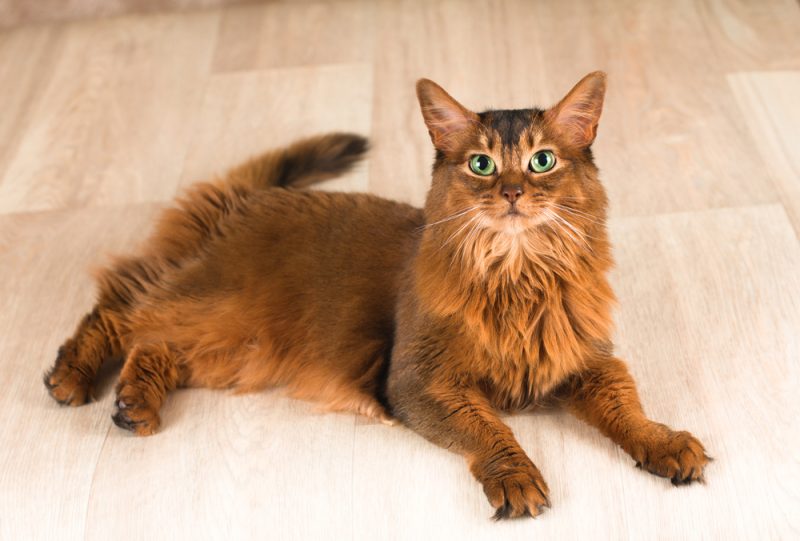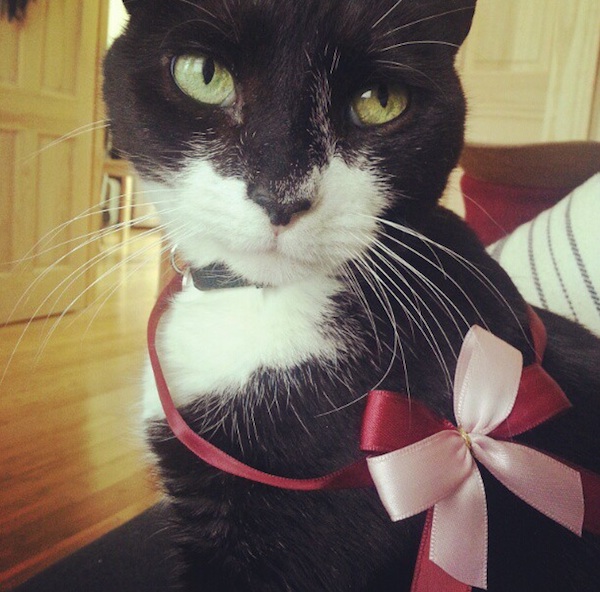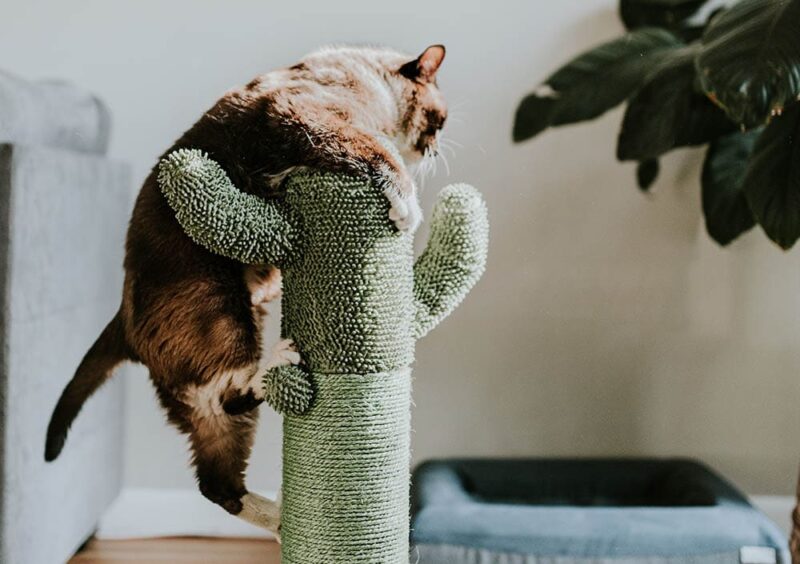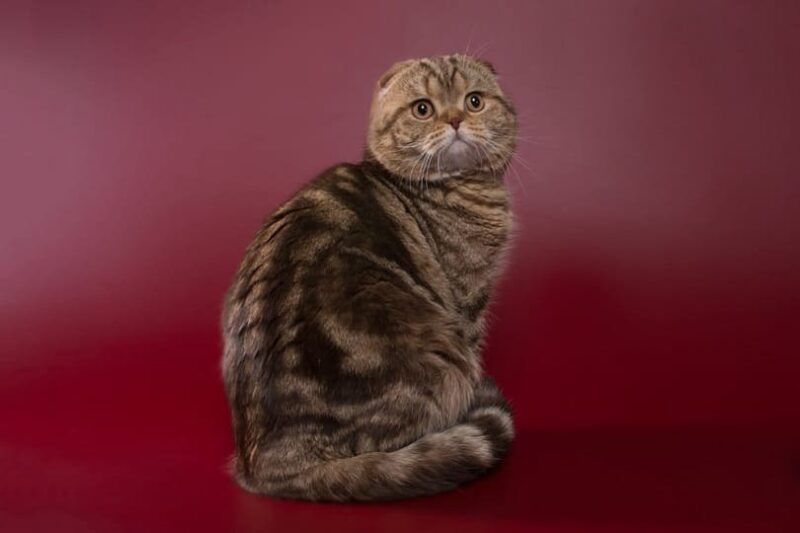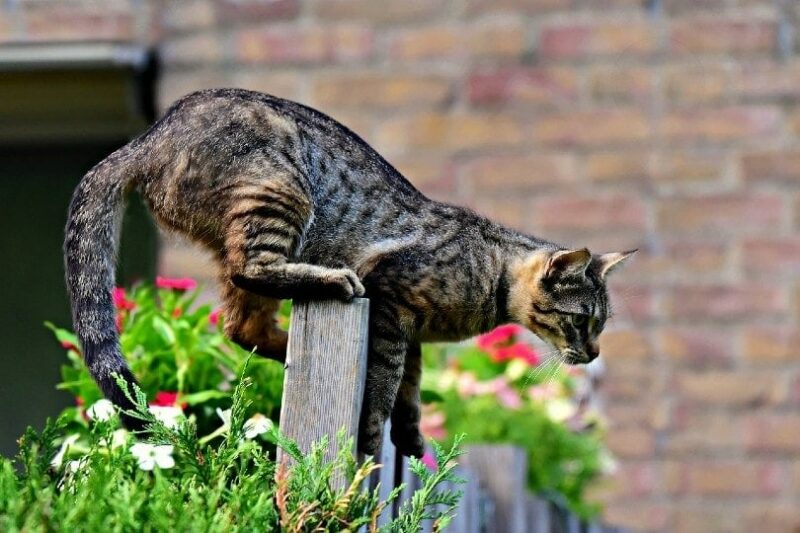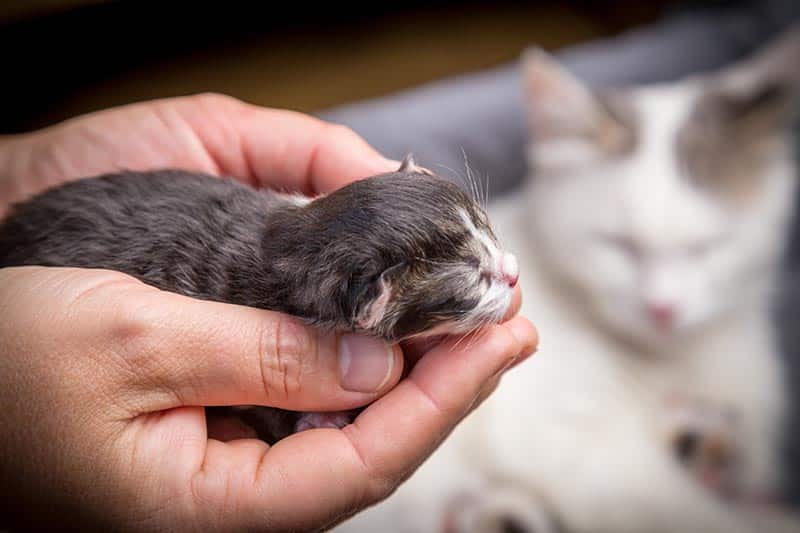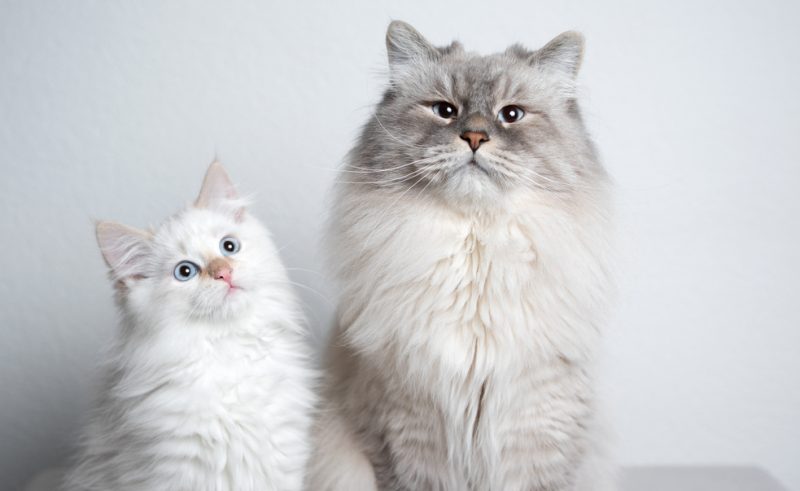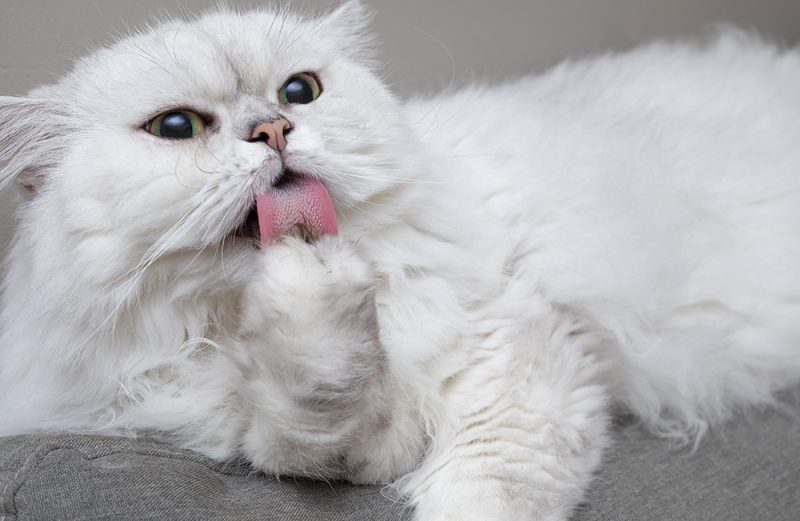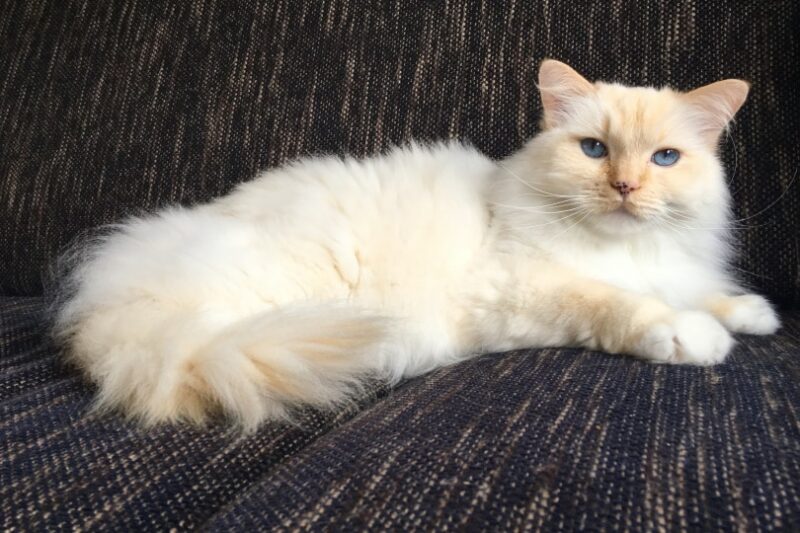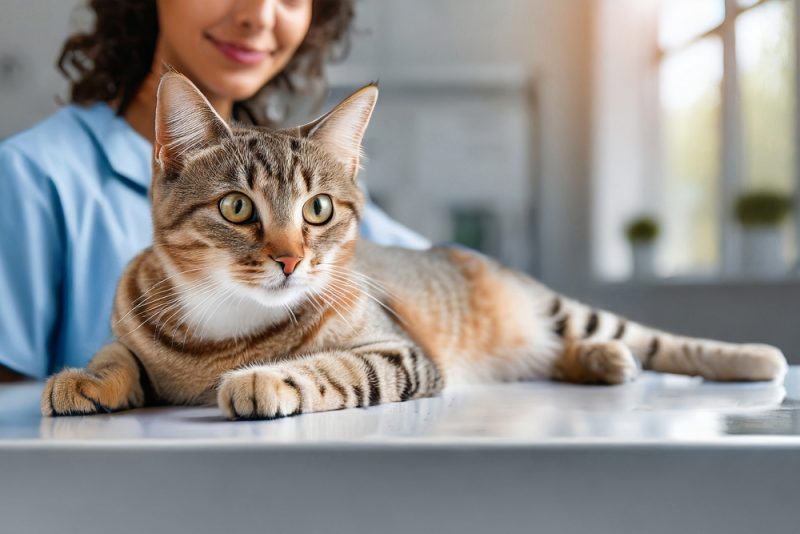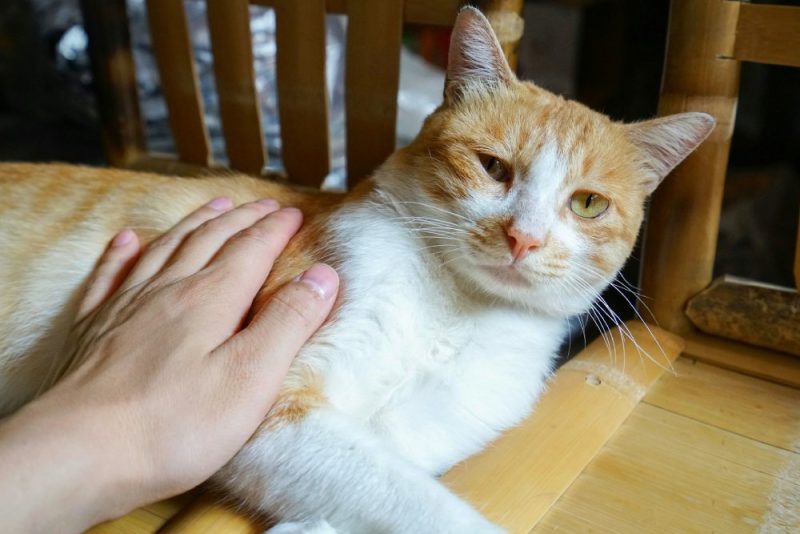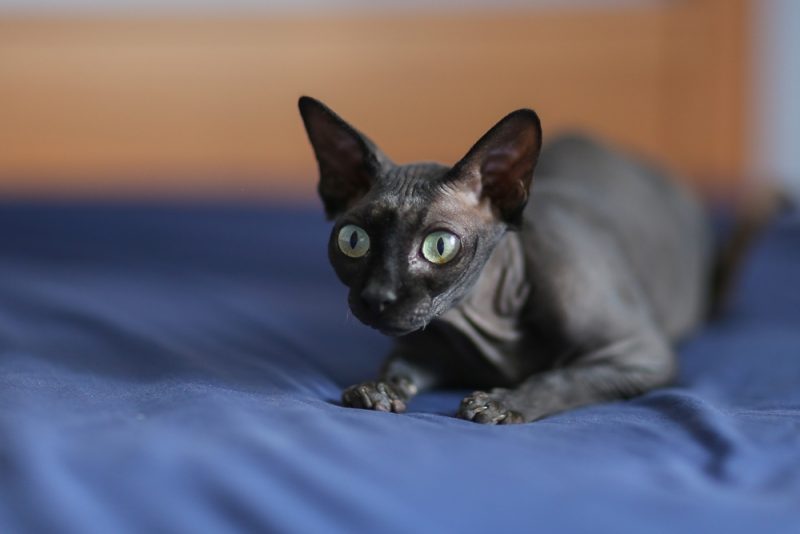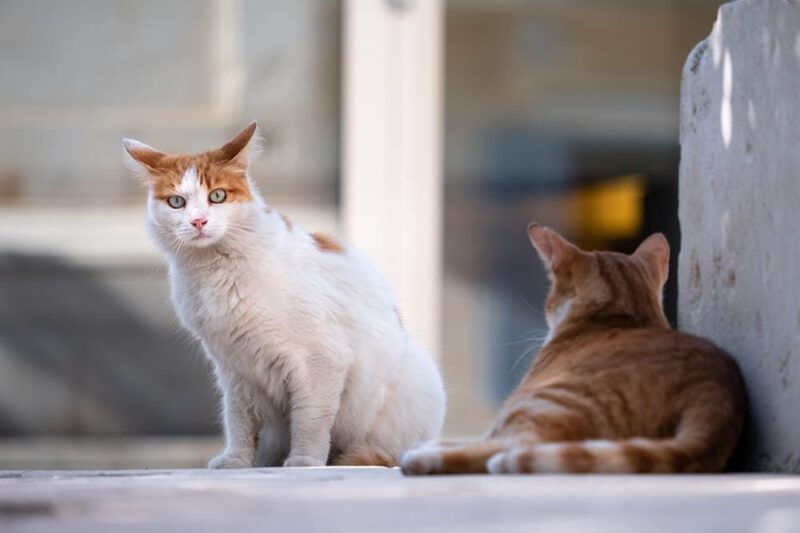In this article
View 8 More +The Somali cat is a cousin to the Abyssinian and is known for its playful, curious nature. As a mischievous animal, inviting one of these felines into your home leads to lots of fun and tons of laughs. It also ensures you have the very tiny equivalent of a human child on your hands.
They require a bit of work to keep up with, but the Somali cat makes a wonderful family pet. Ready to learn more about these felines? Then, keep reading because we have everything you need to know below!
Breed Overview
Length:
7–11 inches
Weight:
6–12 pounds
Lifespan:
9–16 years
Colors:
Sorrel, blue, fawn, ruddy, red
Suitable for:
Active families, those available to play with their cat often, families with children, multi-pet households
Temperament:
Intelligent, curious, loves to play, affectionate
The Somali cat is essentially the long-haired version of the Abyssinian and has a bit of a mysterious origin. We do know they’ve been around since somewhere between the 1940s and 1960s, though. These exceptionally smart kitties are known to get into everything but provide so many laughs and so much fun to a home!
Somali Characteristics

Somali Kittens
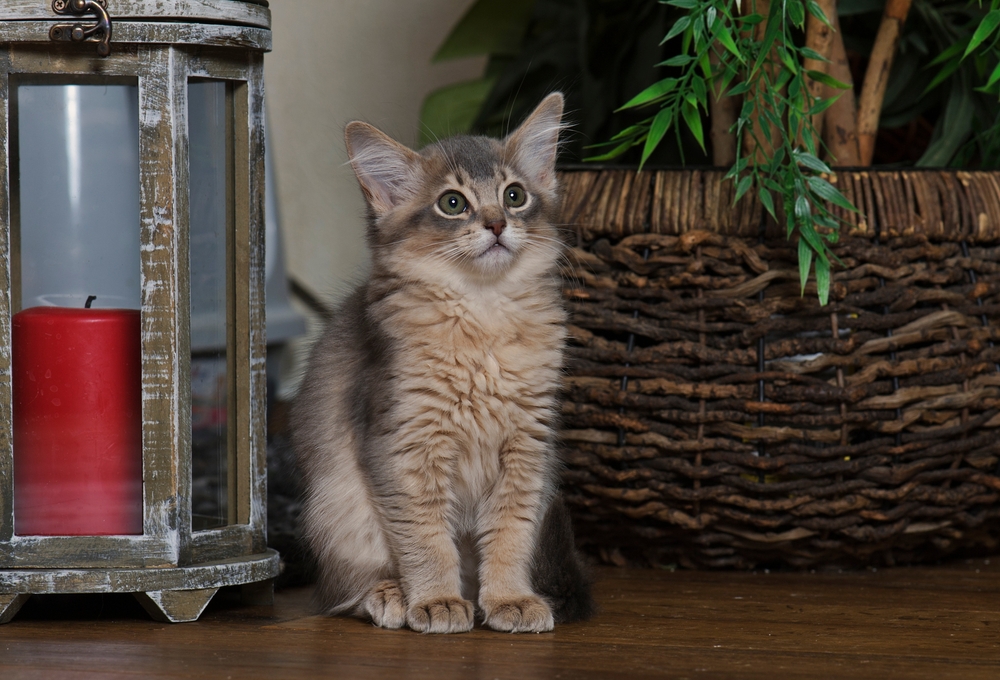
Somali cats are relatively rare, so you might have difficulty locating one to adopt. Your best bet will be to check the Somali Breed Council’s site, where they maintain a directory of reputable Somali breeders. When purchasing a Somali from a breeder, you’ll want to inquire whether the cats have been screened for PK deficiency, as this breed is prone to this health issue. If the cats haven’t been screened for this, find a different breeder!
Also, if you’re not dead set on a purebred Somali, there’s a slight chance you could find a Somali mix at your local shelter or an online adoption site such as Petfinder.
Probably the most important thing to know before adopting a Somali kitten is that these felines are active, mischievous, and curious. So, you’re going to have a tiny ball of energy on your hands constantly getting into stuff it shouldn’t. Be prepared!

Temperament & Intelligence of the Somali Cat
As stated, the Somali cat is incredibly active; this isn’t a kitty you can expect to sleep the day away. Somalis are always looking for something to do and will get into anything and everything. You can expect to find this cat climbing to the highest points in your home, scaling curtains, and knocking things off shelves. You might even find your cat opening cabinets or turning on the bathroom faucet. Long story short, expect mischief with this breed!
The Somali cat needs lots of attention and will want to do things with you constantly, so if you aren’t prepared for a shadow that demands attention, this isn’t the breed for you. But if you are, you’ll find yourself playing endless games and chasing the kitty around. This is one of the reasons the breed does so well with children.
Somalis are also quite intelligent, so you can teach them tricks! They’ll love this as it means your attention is on them. Just don’t leave your pet on its own for too long—between the intelligence and mischievousness, you’ll find a Somali left alone for long periods will create its own entertainment (and who knows what that will entail!).
Are These Cats Good for Families? 👪
The Somali cat makes an amazing pet for families, particularly those with children. While this breed might avoid toddlers, as little ones can’t really play with them, they’ll love playing with older children who can keep up with their energy and playful ways! However, you might find yourself in a chaotic household. Be sure to always watch your cat and kids while they play, as accidents can happen.
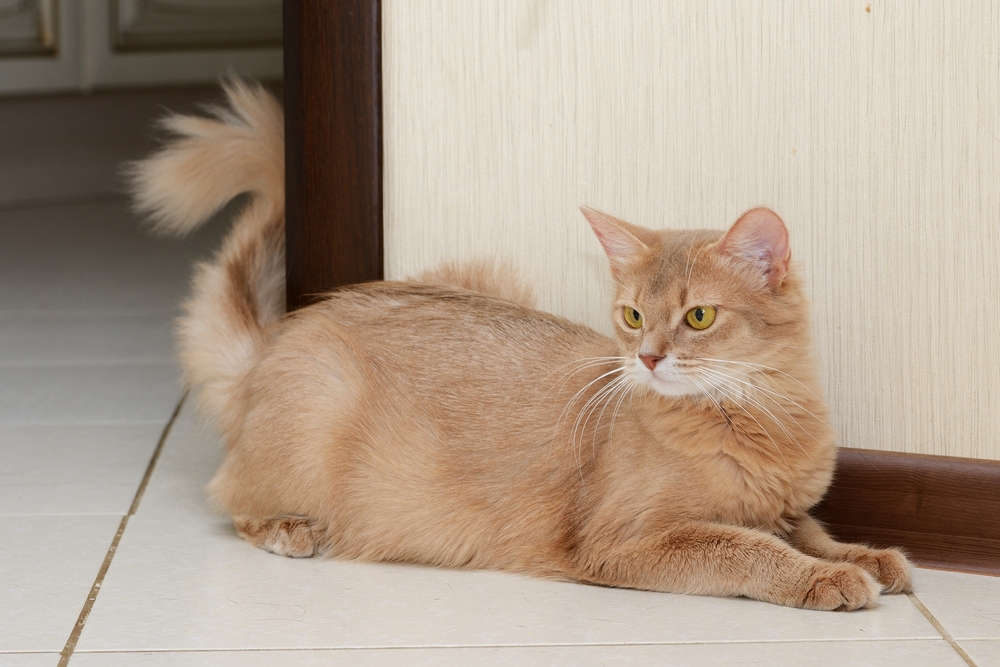
Does This Breed Get Along With Other Pets? 🐶 😽
The Somali cat is extremely sociable, and that extends to other animals in the household, whether dog or cat! They’re quick to make friends with almost anyone or any animal. And because they dislike being left alone, having other pets in the house means your cat will always have playmates.
Somalis might not do as well with small animals, such as mice or hedgehogs, though, as their prey drives and curious natures could leave these sorts of pets in danger. Best to stick with animals the same size or larger than the Somali!

Things to Know When Owning a Somali Cat
You need to know more about a cat before adopting it than what its temperament is, of course. Things such as how to feed it, whether it can be trained, and any health conditions that might show up are vital information to have so you can make an informed decision about whether this is indeed the cat for you. Here’s a closer look at what you should know about the Somali.
Food & Diet Requirements 🐡
Like all felines, the Somali cat is an obligate carnivore, which means it requires meat to get all its needed nutrients. That means you should feed your cat high-quality food rich in protein that comes from a good source. When it comes to how much you should feed your Somali, it’s best to talk with an experienced vet for a recommendation. With how active these kitties are, there’s little risk of your pet gaining too much weight, but you still don’t want to overfeed it.
Need veterinary advice but can't get to the clinic? Catster recommends PangoVet, our online veterinary service. Talk to a vet online and get the answers and advice you need for your cat without having to leave your living room — all at an affordable price!

Exercise 🐈
The Somali cat is constantly active, so they require a lot of exercise. The good news is that the Somali can handle some of its exercise needs on its own. The bad news is you don’t want your Somali to exercise itself all the time because if the cat isn’t stimulated enough, it will find some trouble to get into. So, be sure to play with your pet often! But also invest in items such as cat trees, scratching posts, perches, and plenty of toys so your cat can play on its own (or with other pets in the home). And be prepared to be constantly in action with this feline!
Training 🧶
Somali cats are an easier breed to train due to their intelligent and curious natures. You can easily teach them tricks like how to fetch or new games to play, and they’ll enjoy it immensely. You should even be able to leash-train your Somali if you want to take it on walks! And having regular training sessions with your kitty is a fabulous way to keep it engaged and entertained, thus keeping it away from mischief. Use treats and attention when training to reward them when they’ve done well, but watch out for the stubborn streak these felines occasionally have!
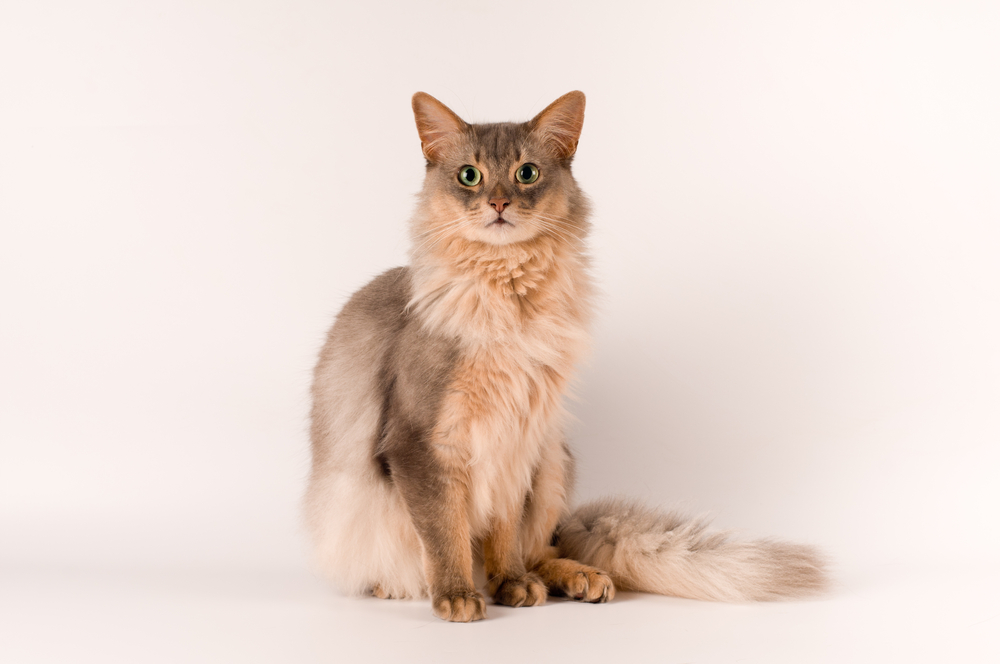
Grooming ✂️
The Somali has a long silky coat that looks like it would require much in the grooming department, but it actually doesn’t. All you’ll need to do for your cat is brush it regularly (a couple of times a week) to keep the coat free of tangles and mats. Somalis are often fans of being brushed, so that will make the job tons easier!
Regular teeth brushing is also a good idea because the Somali cat is prone to developing periodontal disease. Other than that, just clip the kitty’s nails regularly to keep your home all in one piece!
Health and Conditions 🏥
Like all animals, you’ll find that the Somali cat is prone to a few particular health conditions and genetic defects. Some of these are serious, while others aren’t. Take a look below at what you might run into with a Somali cat.
- Plaque
- Digestive issues
- Asthma
- Gingivitis
- Pyruvate kinase deficiency
- Renal amyloidosis
- Progressive retinal atrophy
- Periodontal disease
Male vs Female
Male and female Somalis are generally similar, though the males are a bit larger and more muscular than the females. Personality-wise, though, the genders are pretty much the same—curious, active, and mischievous. You might find that males are slightly more hyper than females or crave attention just a little more. However, overall, the genders are the same!

3 Little-Known Facts About the Somali
Ready to learn more about these lovely kitties? Here are three little-known facts you might not have been aware of!
1. The breed did not originate in Somalia.
Though named after Somalia, the origins of the Somali cat are traced back to the 1940s, when longer-haired Abyssinians began appearing in Australia, North America, and New Zealand.
2. Somali cats have dexterous paws!
One thing you’ll quickly notice about this breed is that their paws are quite dexterous. They have been known to grab and pick things up like a monkey would! This ability means they are also quite adept at opening doors and turning on faucets.
3. This breed is also known as the “Fox Cat”.
How did the Somali get this nickname? It’s all due to their large, pointed ears and bushy tails!
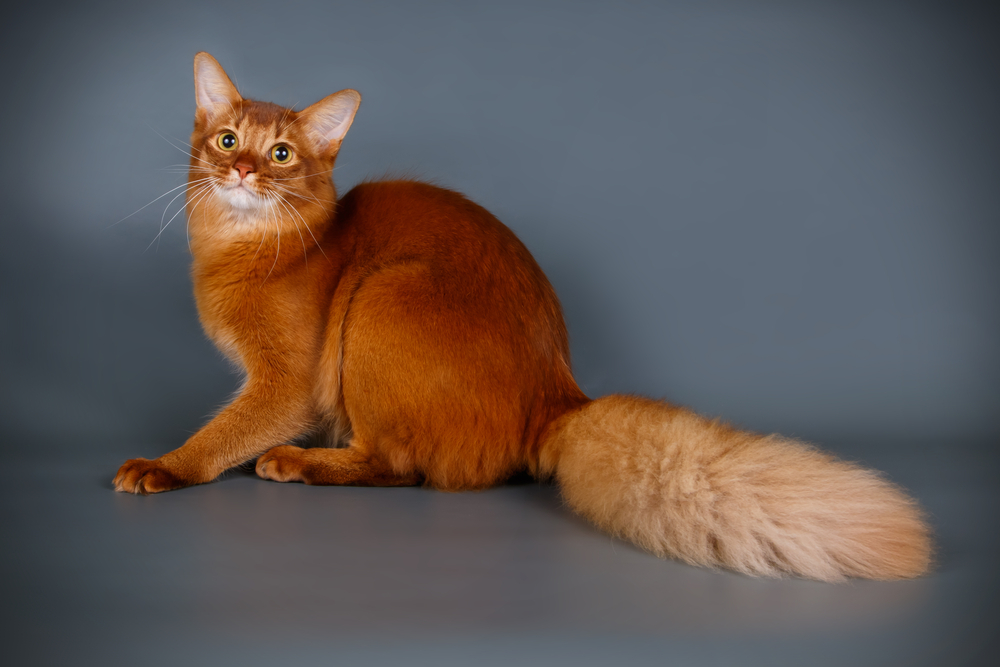

Final Thoughts
The Somali cat makes a fabulous pet, but it is a bit of a handful at times. Due to its high energy and curious nature, this feline will get into anything and everything it finds. Whether this is turning on all the faucets in the home or knocking things off the top of a bookshelf, you can expect to find your home a bit more chaotic with this breed in it. That said, the Somali cat’s personality makes them a lot of fun and excellent playmates for kids and other pets!
Related Reads:
- How To Care For Your Cat After Spaying Or Neutering: 12 Vet-Approved Tips
- How to Introduce a Cat to Another Aggressive Cat – Our Vet Answers
Featured Image Credit: Nataliya Kuznetsova, Shutterstock
